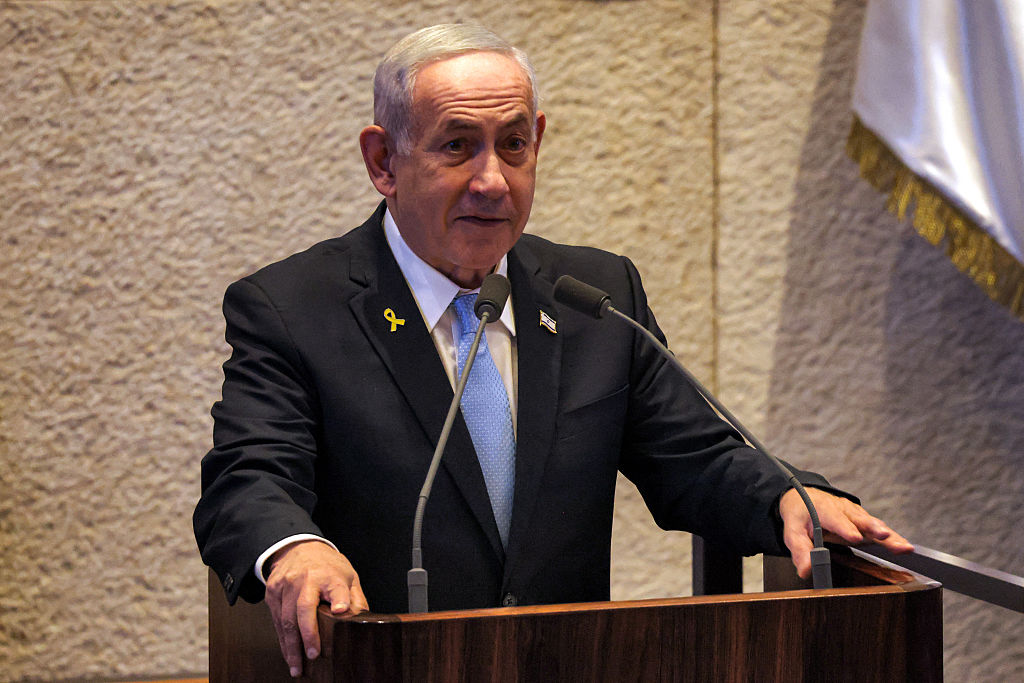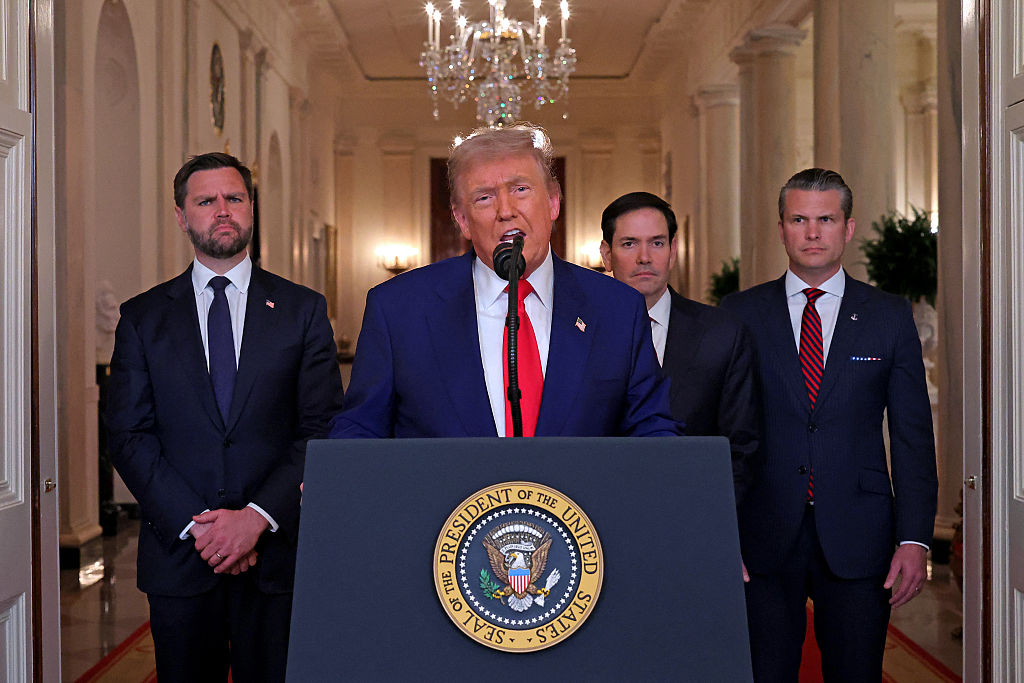Elections are supposed to settle things. That’s the idea, at least. Politicians argue, take decisions and pursue the policies they want to, but there comes a day when they have to answer to the public and face their judgment.
A day after Israel’s fourth parliamentary election in two years, no verdicts are forthcoming, not even in Prime Minister Benjamin Netanyahu’s corruption trial. The votes are still being counted, but it looks once again to be an awkward tie. Neither Netanyahu nor his rivals are expected to be able to form a governing coalition.
Elections in Israel have become like the difficult season of a long-running comedy, when the producers try to introduce quirky new characters without changing the core format too much. This time around it looked like the Bibi Show’s new antagonist would be Gideon Sa’ar, who dramatically quit as a Likud parliamentarian, forming a new party to take down Netanyahu. Despite a strong showing in early polls, Sa’ar’s New Hope party collapsed, winning just six seats.
Instead, the breakout star is Mansour Abbas of the Islamist Ra’am party, which could end up holding the balance of power. Netanyahu helped push Ra’am to break away from a coalition of other Arab parties and go it alone, building a friendship with Abbas in the process. Now Bibi could need his votes for a coalition.
Another new entry is Itamar Ben-Gvir, the extremist who had a photo of Jewish terrorist Baruch Goldstein in pride of place in his home and who attacked the car of then prime minister Yitzhak Rabin in 1995, just weeks before Rabin was assassinated. ‘We got to his car, and we’ll get to him too.’ Ben-Gvir boasted at the time. Now he’s a Knesset member. In a hyper-narrow coalition, he could find himself holding a lot of political power as the swing vote.
Israel’s political setup is loosely based on the Westminster system: the people elect the Knesset, Israel’s Parliament, and a government is seated once it has the Knesset’s confidence. The old government doesn’t leave until there’s a new government ready to replace it, though. Unless anyone else can form a coalition, Netanyahu stays prime minister. This rule has already worked to his advantage; despite two failed elections in 2019, Netanyahu remained PM and got to try again. The 2020 election was equally indecisive, but he convinced the opposition to join him in a crisis government to tackle the COVID-19 pandemic — which lasted eight whole months before collapsing.
There are a number of Knesset members who could build a coalition easily if Netanyahu was out of the picture. Israel’s long, low-level crisis is all about Netanyahu the man, his leadership style, the enemies he’s made and whether he can serve as prime minister while standing trial for bribery and corruption
Once upon a time, perhaps, being unable to run a stable government after multiple elections would have been a resigning matter for a prime minister. But nobody resigns anymore. So if Netanyahu can’t form a government this time, either, he can hang around and try for a fifth election. On the TV networks last night, Likud Knesset members were happy to remind the public that we could be doing this all again in the fall.
But even if they can’t form a coalition, the fractured opposition parties might have a majority in the Knesset to start legislating. Westminster systems sort of break when the opposition takes control of the Parliament, as happened in the UK in the last days of Theresa May. That’s not supposed to happen, and if it does, the PM is supposed to quit. But opposition parties are looking for ways to change the equation, perhaps by passing a law to disqualify an indicted Knesset member from forming a government, effectively barring Netanyahu’s candidacy.
Another elegant option looms in the background too. The selection of Israel’s president, a largely symbolic role, is due to happen this summer. The president is chosen by the Knesset and has pomp but few powers — but is immune from criminal prosecution while in office. Some wonder if Netanyahu could be tempted by the role, pausing his trial for the seven-year presidency and giving him a dignified path out of politics.
But don’t discount Bibi either. His party and its allies might not have won this election, but they haven’t lost it yet too. There’s always deals to be made, defectors to tempt and, if all else fails, election number five.
This article was originally published on The Spectator’s UK website.

























